A lot of consumers think that everything’s fine as long as you keep to the due date. But if you want to make a good impression, boost your credit score and reduce interest costs, it’s always a good idea to pay earlier. Which begs the question, how early is too early for your settlement? And when is considered late for your bill payment?
There are no direct answers to the two questions. That’s because each credit card issuer has unique regulations guiding bill settlements. Hence, some guidelines will help you keep a prompt payment timeline, bolster your credit score, and avoid extra costs.
When to Pay Your Credit Card Bill?
When paying off your outstanding bill, timing is one of the most crucial considerations. Numerous adverse effects may arise from late payments. They not only lower your credit score, but they also cost you money in penalty fees. In addition, the time of your payments can impact the interest you pay when you carry a monthly balance.
The more of your carrying debt you can pay off quickly, the less interest you’ll have to pay. However, making payments sooner in the billing cycle might raise your credit score (and even reduce your interest rate) if you’re on top of things and have the money to do so.
Let’s Look At The Billing Cycle
A billing cycle is a period between the conclusion of one billing statement date and the beginning of the subsequent billing statement date for products or services that a business regularly offers to another company or customer.
While monthly billing cycles are the most common, they can differ in length based on the kind of product or service provided. These are
- Statement date
- Reporting date
- Due date
Statement Date
Every month, a statement is produced on a day known as the billing date or statement date. It usually occurs on the last day of the billing period for a particular month. Your subsequent billing statement will show any transactions made using the credit card beyond the billing date.
Due Date
The repayment deadline usually is 21–25 days following the date of the statement or after the billing cycle has ended. Your issuer’s grace period or interest-free credit period is the time between the billing date and the due date. Therefore, the due date is determined by the amount of interest-free time the company offers.
Reporting Date
The term “reporting date” refers to the day that the reporting period to which the financial statements are related ends. After-reporting events occur between the reporting date and the day the financial statements are approved for release. An entity may or may not benefit from these occurrences.
Remember: Paying Bills On Time Is Important
One key component of taking charge of your financial life is making on-time bill payments. Knowing when your payments are due and developing the habit of paying them on time can help you feel less stressed, save money, improve your credit, and open the door to future lower-interest credit.
By ensuring that bill due dates coincide with your paycheck or other sources of money, you can maintain a healthy balance in your checking account by managing your bills.
What If You Don’t Pay On Time?
Your account will go past due if you don’t make the minimum payment. If this occurs: If you don’t make the required payments, your lender will contact you, and the account will default. And suppose you continue to fail to pay. In that case, other measures may be taken, such as hiring debt collection agencies to reclaim the money you owe them.
When you fail to pay your credit card due for the first time, your minimum payment will be increased by a late fee. In addition, any promotional APRs can be canceled if your credit card account is 30 days overdue.
If it’s your first time being late, late fines might range from $25 to $37. Most credit providers increase the late fee charge for repeated late payments. For example, suppose it has been 60 days since your last settlement. In that case, the lender may add a penalty annual percentage rate (APR) to your account, depending on your issuer and the terms of your account.
After two missed payments, the damage may be relatively minor, but your credit score may drop as much as 180 points after three. For four outstanding payments, your credit score will suffer even more damage. Your account may be turned over to collections. After five missing payments, collection efforts will undoubtedly intensify, and legal action will likely be considered.
| Late Payment | Consequences |
| 1st time | Late payment fee will be added, APRs discounts might be canceled |
| 2nd time | Increased late payment fees, increased APRs |
| 3rd time | Increase late payment fees, FICO score reduction |
| 4th time | More damage to score |
| 5th time | Further score damage, threats of legal action |
Why Paying Early Can Be A Good Idea
Your credit line is made available by making an early credit card payment. Keep the combined balance on all credit cards at 50% of the maximum allowed. This boosts what is known as your capacity and is suitable for your credit score.
About 30% of the spending limit is ideal for balances, but getting there is a long-term objective that can take some time. Please make a significant purchase before it appears on your statement. You can start reducing that expenditure right away, which will release your credit card’s line of credit. Other reasons to pay early include:
- It frees up your account for more funds.
- Makes you eligible for higher amounts.
- Bolsters your account history and improves your financial reputation.
- Helps pay off debts faster.
- Might reduce your interest rates.
- Reduces your chances of forgetting to pay.
- Might help you keep track of your spending.

Why Should You Pay More Than Once a Month?
Paying more thane once a month is a smart choice. It adds a lot of perks to the mix. So, you have a better shot at reducing your interest rates when you pay frequently.
Likewise, making several payments throughout each billing cycle lowers overall interest charges on credit cards. Anyone who carries their balance from one month to the other might get marked and penalized for it. But frequent payments add many greens to your activities.
So, less interest is accrued if you can keep your day-to-day card balance lower. It remains true even if you make monthly payments of the same cash amount. In this way, paying $200 three times per month saves money on credit cards interest compared to paying $600 once per month.
When Your credit card Balance Is Reported to the Bureaus
Reporting times vary for every credit card, depending on the type you use and your particular financial condition. Monthly reports are required, ideally on the day of the billing cycle. This is the day, commonly referred to as your statement date, on which credit card companies typically issue your charges for the most current billing cycle.
This information is disclosed, for instance, upon mortgage repayment. Credit bureaus don’t receive information from governmental agencies that keep public data but acquire the records independently. Therefore, bankruptcy filings commonly appear on credit records.
Also, if someone has an outstanding debt to the IRS, a public record of a tax lien will likely appear on their credit report, which could lower their credit score.
Conclusion
Paying your debit or credit card bills is a paramount task. But keeping to the right time and payment pattern is even more important. Although different lenders have different rules, it’s generally advised you pay as early as possible to avoid attracting a penalty on your account.
Prompt payment can be the difference between a high credit score and a bad credit. So, it’s always a good decision to pay early. There are suggestions to keep your borrowed fund in an interest-earning account to make the most out of it. But the golden rule is to never carry a balance or pay late if you can avoid it.


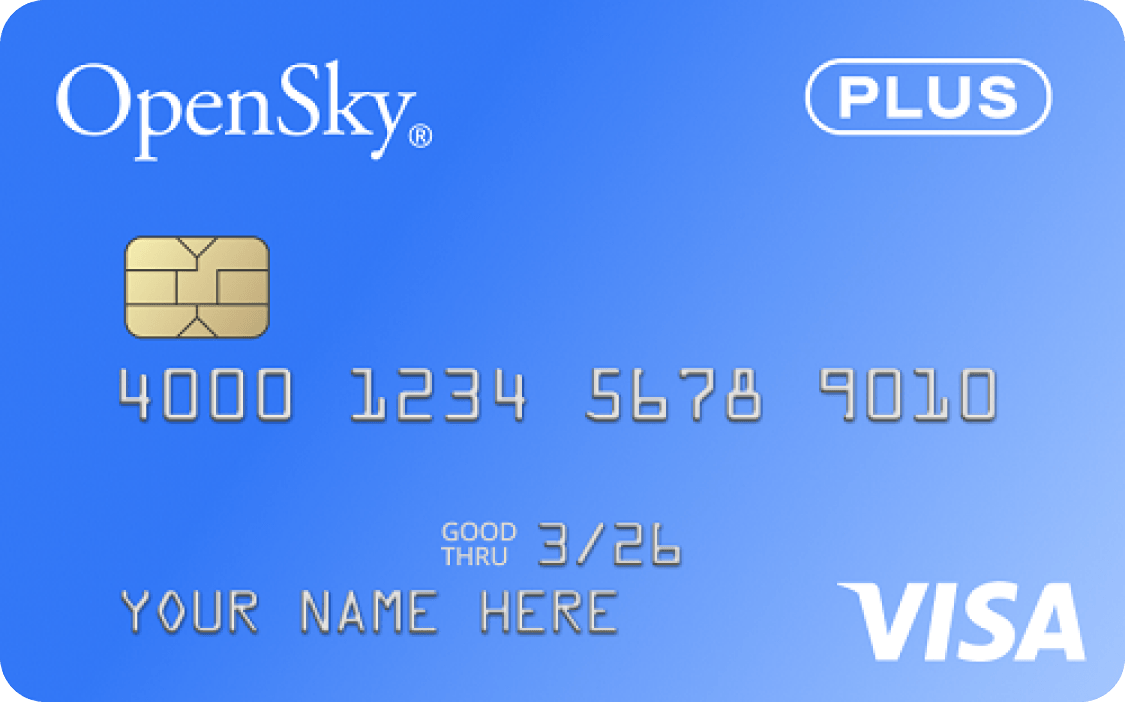
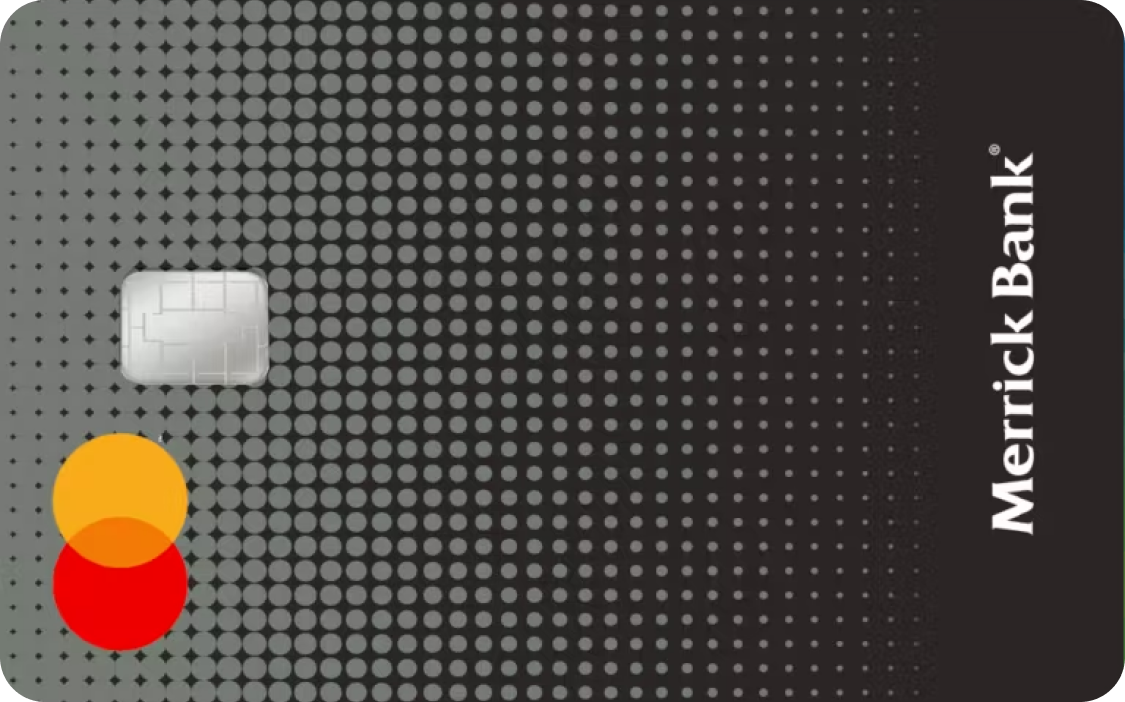
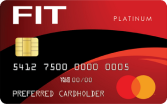
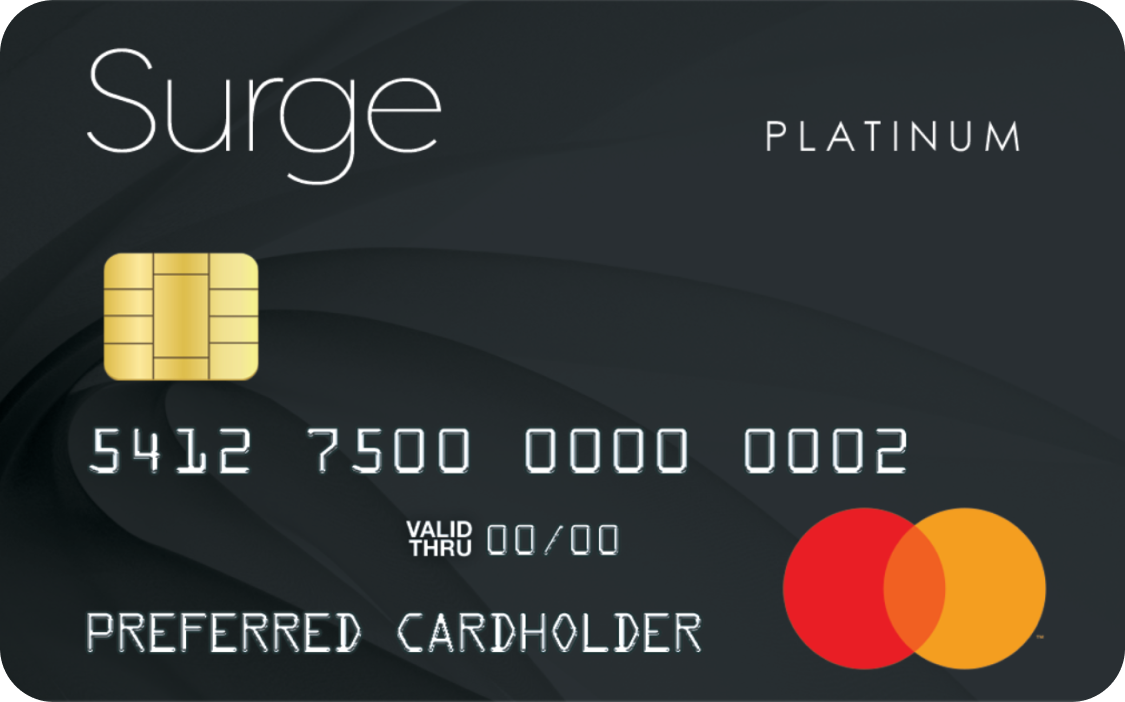

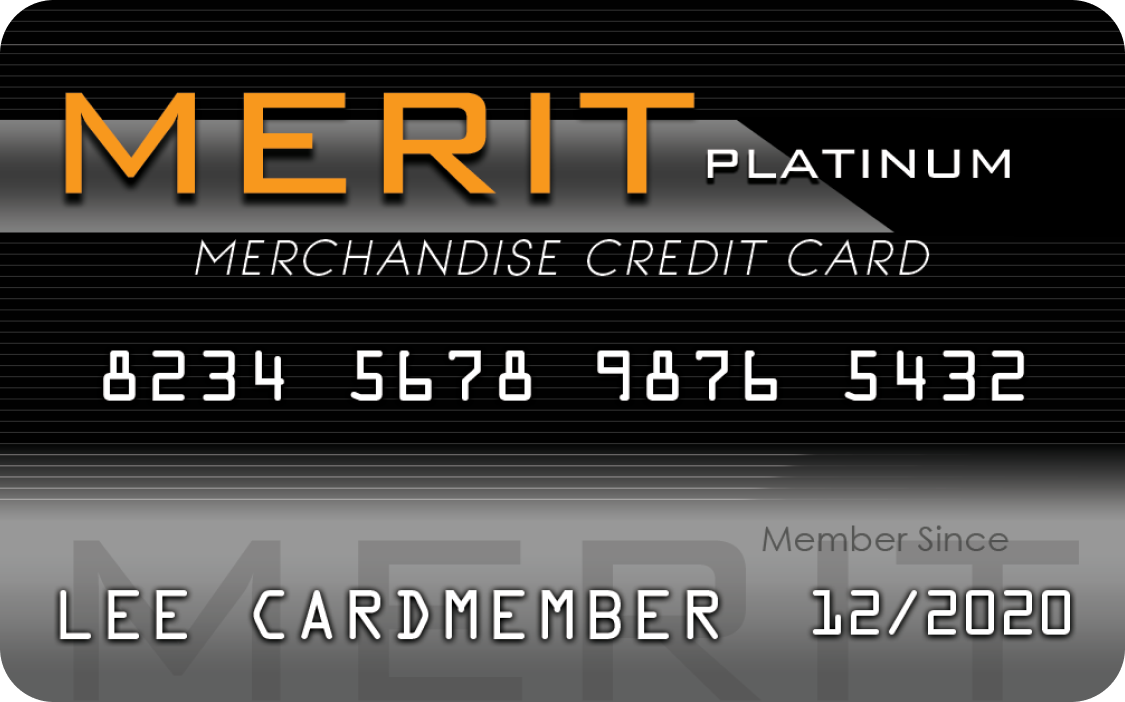
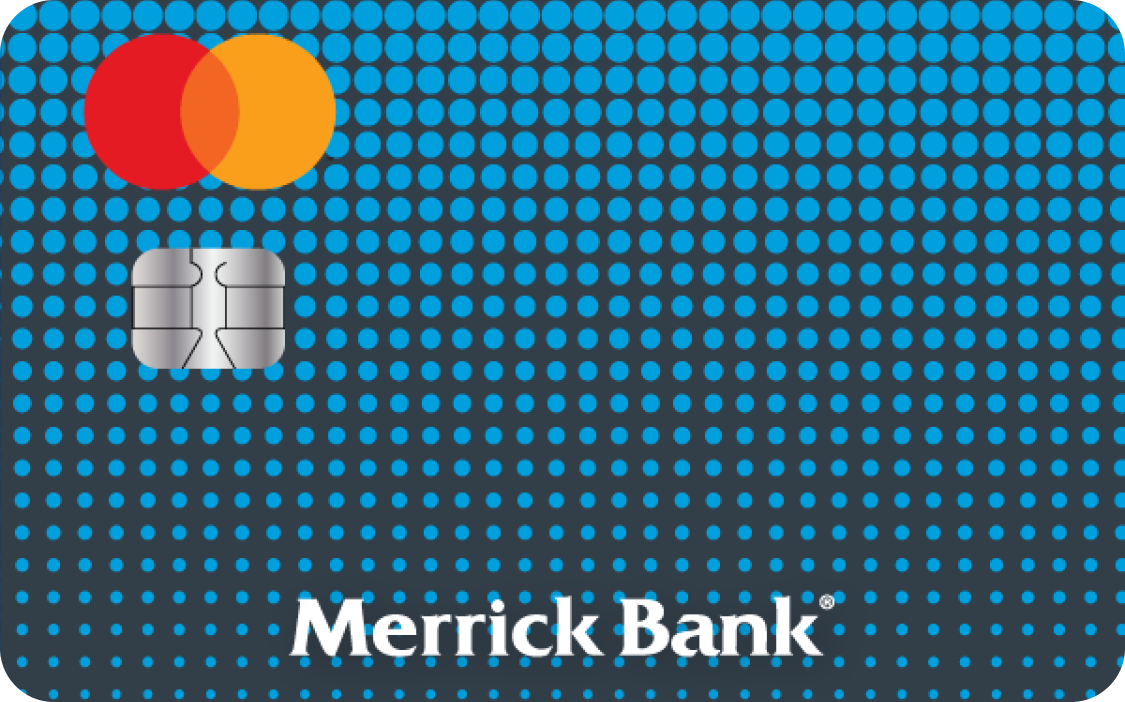
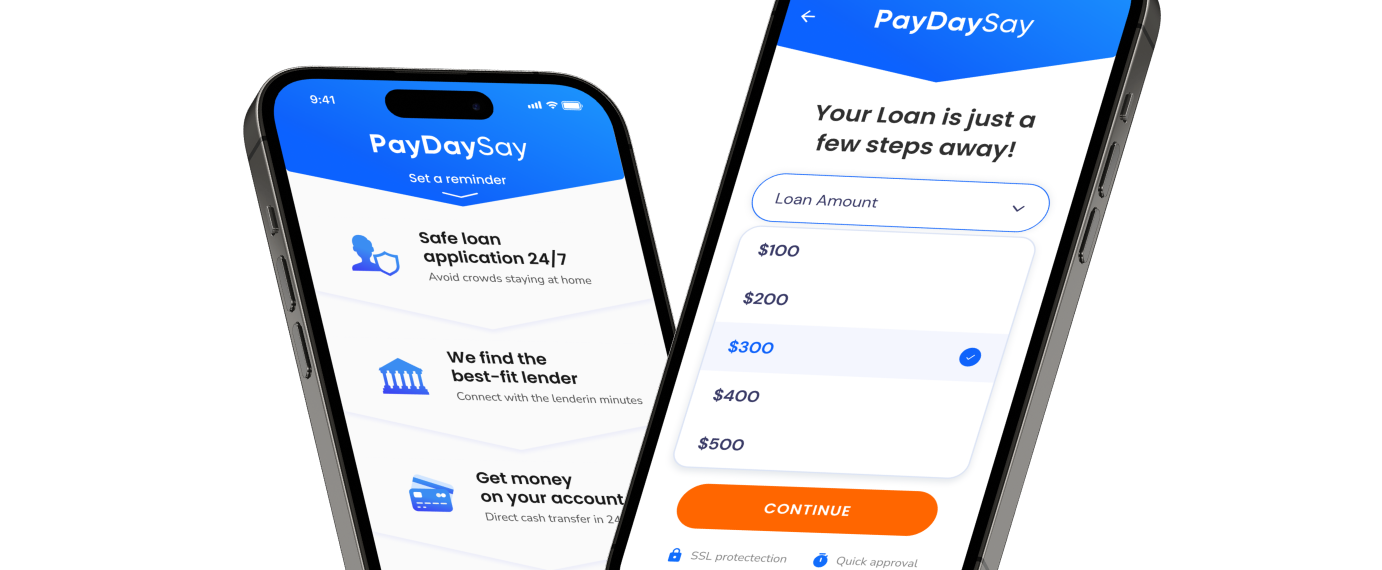










 on your homescreen
on your homescreen
